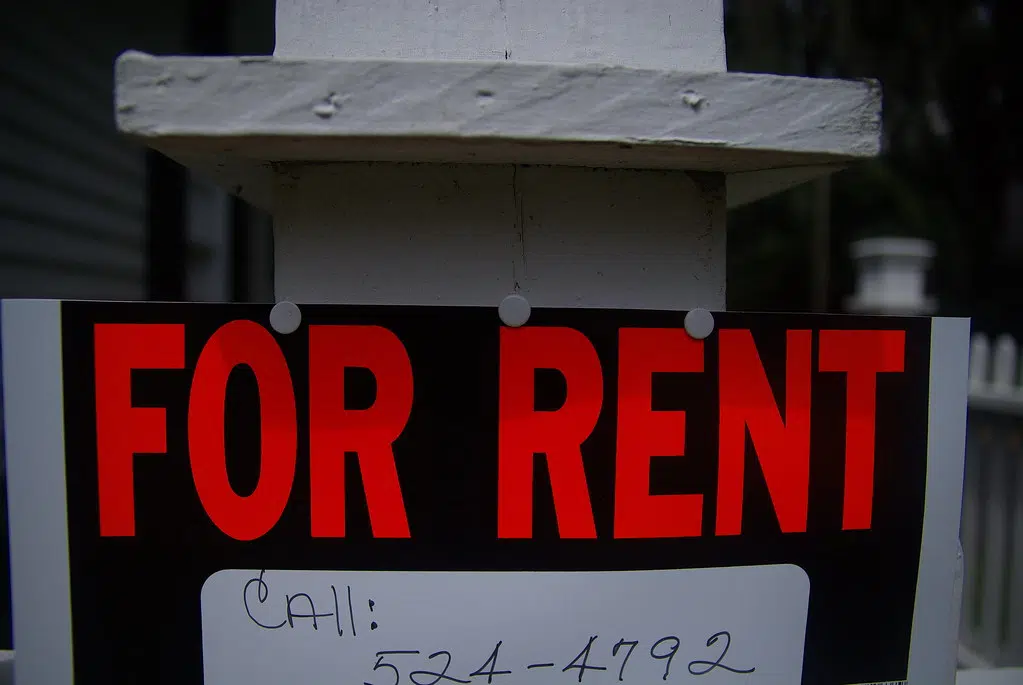A list of 2,500 so-called “problem tenants” created by the Saint John Apartment Owners Association is causing alarm among groups who lobby for tenants.
Jael Duarte is a lawyer and tenants advocate working with the New Brunswick Coalition for Tenants Rights.
“Federal privacy rules are clear – a tenant blacklist is illegal. We have filed a complaint yesterday with the Federal Privacy Commissioner’s office in response to Mr. Webster’s comments in the media,” said Duarte in a news release on Wednesday.
Sarah Lunney, provincial chair of the New Brunswick chapter of ACORN, said it’s obvious this list is illegal.
“There is no prior or informed consent when it comes to this, landlords sharing tenants’ information – even just their names,” Lunney said.
Lunny said it’s frustrating and they are wondering how many years the names have been collected for.
“‘Are landlords really relying on this information through word of mouth pretty much instead of actually doing any follow-up, like with a reference check? A reference check is different because you actually consent to a reference check, whereas with this they are just giving your information out with no follow-up,” Lunney said.
Both ACORN NB and the Coalition for Tenants Rights continue to call on the province to create a new Residential Tenancies Act, which guarantees the right to housing, strengthens protections for tenants, and includes permanent rent control.
For his part, Gerry Webster, president of the Saint John Apartment Owners Association, said “the people complaining right now are the ones that are probably being put on the list.”
“Now, we don’t put anybody on the list that’s a good tenant. That list is being done to try and keep the damages down. Some of these people go in and do tens of thousands of dollars worth of damage,” Webster said.
Webster said the 2,500 names on the list have accumulated over a “number of years.”
He said infractions that might get a tenant on the list go beyond what a damage deposit would cover.
Webster disputed the idea that keeping a list of problem tenants was illegal.
“No, it’s not. It’s not illegal. That’s nonsense,” Webster said.




